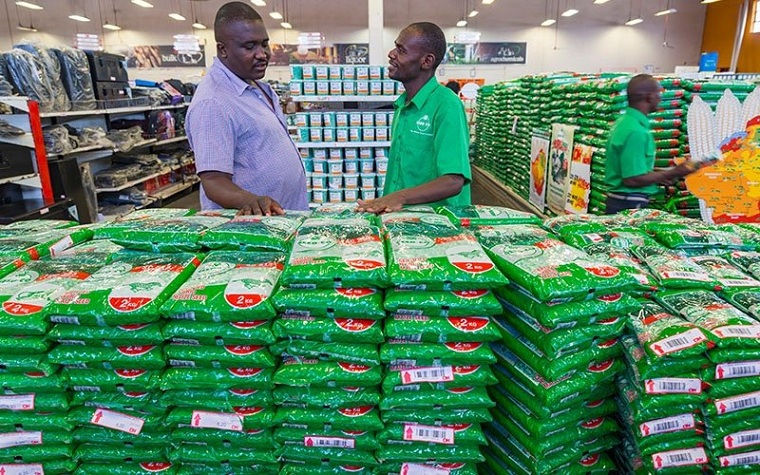 Reserve Bank of Zimbabwe (RBZ) has stood in the way of plans by Seed Co, the country’s biggest seed producer, to delist the local unit from the Zimbabwe Stock Exchange (ZSE) and effectively give control to its international division. The authorities made the right call.
Reserve Bank of Zimbabwe (RBZ) has stood in the way of plans by Seed Co, the country’s biggest seed producer, to delist the local unit from the Zimbabwe Stock Exchange (ZSE) and effectively give control to its international division. The authorities made the right call.
Just to take it back a little bit for context. In 2018, Seed Co decided to unbundle 71% and have a regional unit, Seed Co International, listed on the Botswana Stock Exchange (BSE). This would raise US$19.2 million, a nice bit of change to fund operations. Seed Co Ltd – for better reading we will call it Seed Co Zim – would keep 26% of Seed Co International.
Nothing entirely unusual, at that stage. In any case, going abroad made sense, seeing as Zimbabwe – then and now – suffered forex shortages.
Last year, Seed Co International listed on the Victoria Falls Stock Exchange (VFEX), the first company to list on the USD-only exchange. Seed Co asked its shareholders to allow them to make a big decision; allow Seed Co International to take over Seed Co Zimbabwe.
And that is where the problems started.
Of course, the majority shareholder of Seed Co, the French company Limagrain – the world’s third-largest seed producer – said yes. It makes sense for them. Other shareholders said no. The Reserve Bank agrees with those shareholders. They rejected Seed Co’s plans. Seed Co will start trading again on the ZSE.
Did the regulators make the right decision? Yes. Here is why;
Firstly, if this had been allowed to happen, no Zimbabwean would be able to easily invest in Seed Co again.
This is what Imara, one of the major stockbrokers on the market and an investor in Seed Co since 1996, said: “We do NOT (Imara’s emphasis) support that proposal as it would result in Seed Co Zimbabwe delisting from the ZSE. For domestic investors based in Zimbabwe it will therefore not be possible to invest ZWL savings into the Seed Co. group again; Seed Co. International shares can only be bought in Botswana for pula or on the VFEX for US dollars.”
This means that pension funds and private individuals in Zimbabwe would find it hard to ever invest in Seed Co again.
Continued next page
(237 VIEWS)

